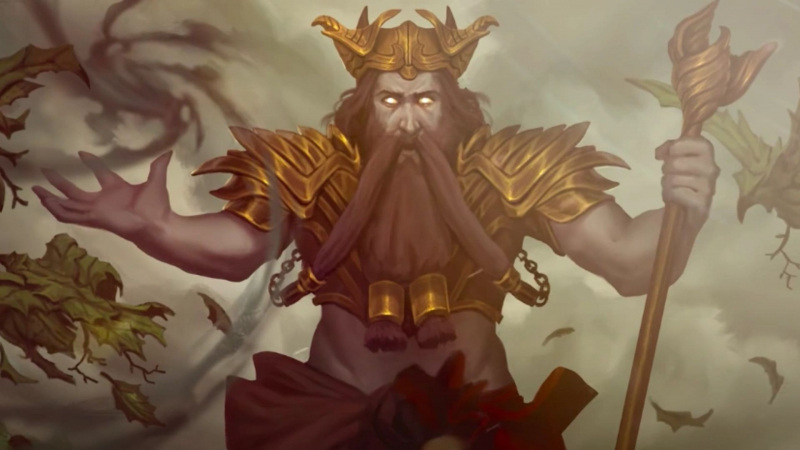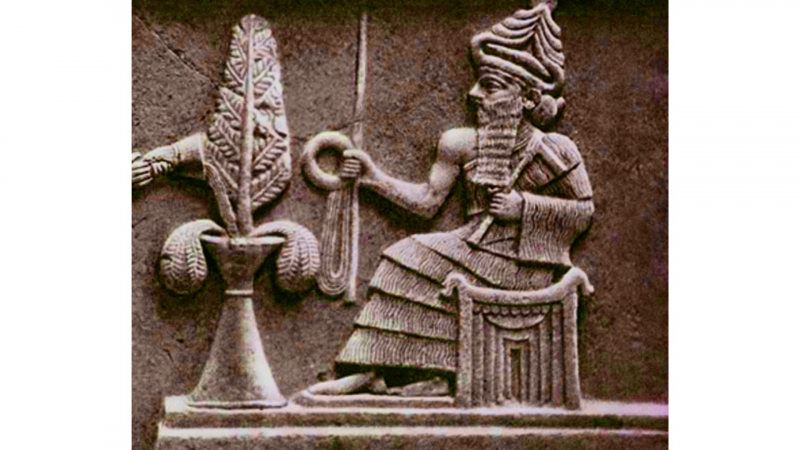Enlil: The Deity Of Air, Soil And Wind
Only after the supreme god And was Enlil one of the most influential gods of Mesopotamia. The principal Mesopotamian deity of air, soil, and storms was Enlil. He was thought to have some influence over destiny, nevertheless, and his orders were unchangeable. He was named as one of the three gods responsible for the universe's creation, together with An and Enki. But since the Mesopotamians thought that Enlil was largely in charge of catastrophes and natural calamities, they saw him as a god of both destruction and creation. Enlil is credited with causing the Great Flood, which nearly wiped off humanity, in the Gilgamesh Epic. Enlil had temples throughout the Fertile Crescent, including Assur and Babylon, and although his main temple was in the city of Nippur, he was worshiped there as well.
His titles, such as "The Great Mountain" and "King of All Lands," convey the significance of Enlil. The Mesopotamians credited Enlil with creating and destroying everything, as he was the source of all things. Events on earth were attributed to the will of Enlil, a deity with unchangeable authority and control over fate. As a result, this god played a crucial role in the Mesopotamian worldview. Enlil was vital to the political organization of Mesopotamian communities in addition to his cosmological significance. Enlil, as a powerful divinity, was thought to provide kingship to chosen leaders. Mesopotamian monarchs who desired legitimacy for their rule did so by invoking Enlil's endorsement








